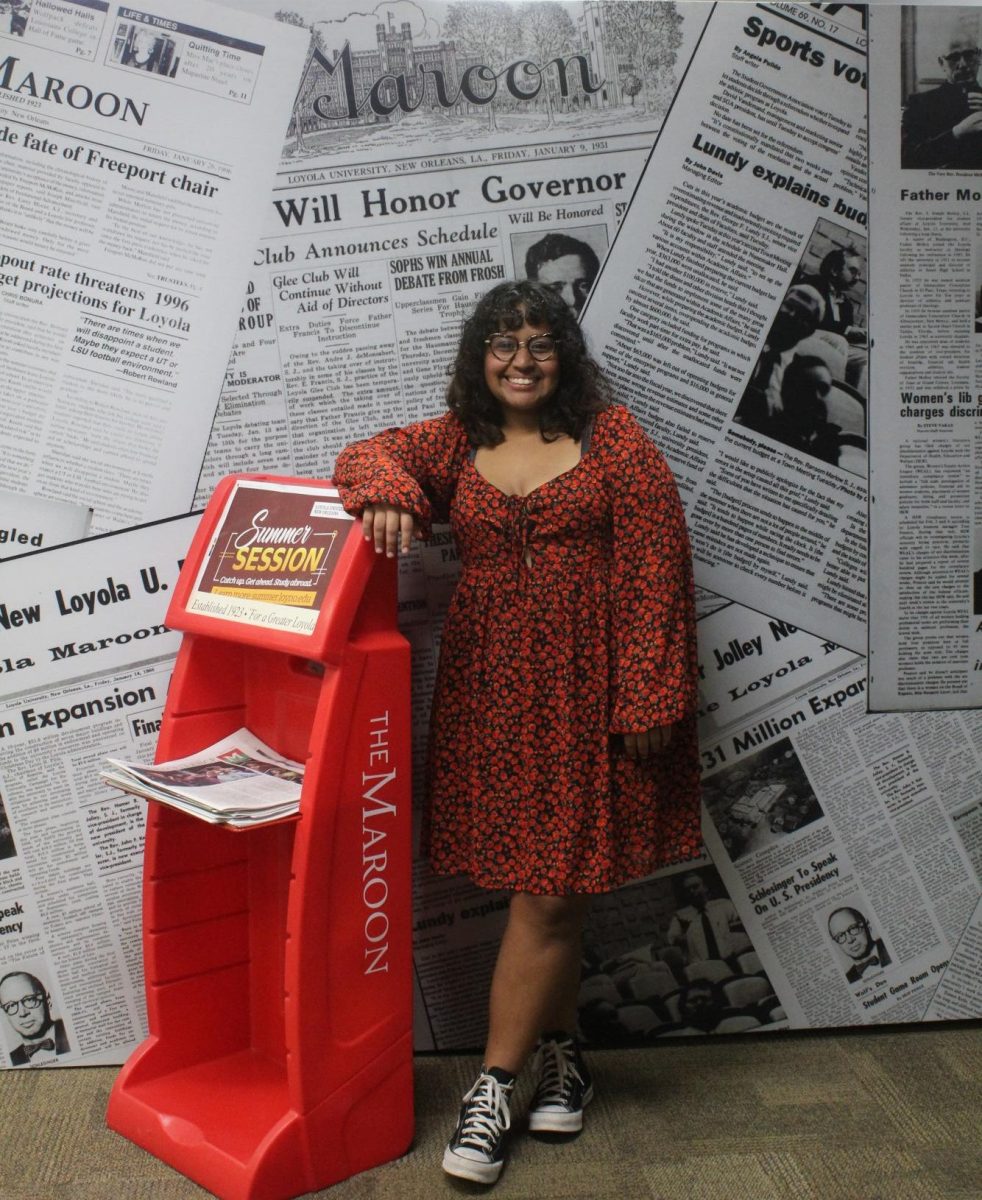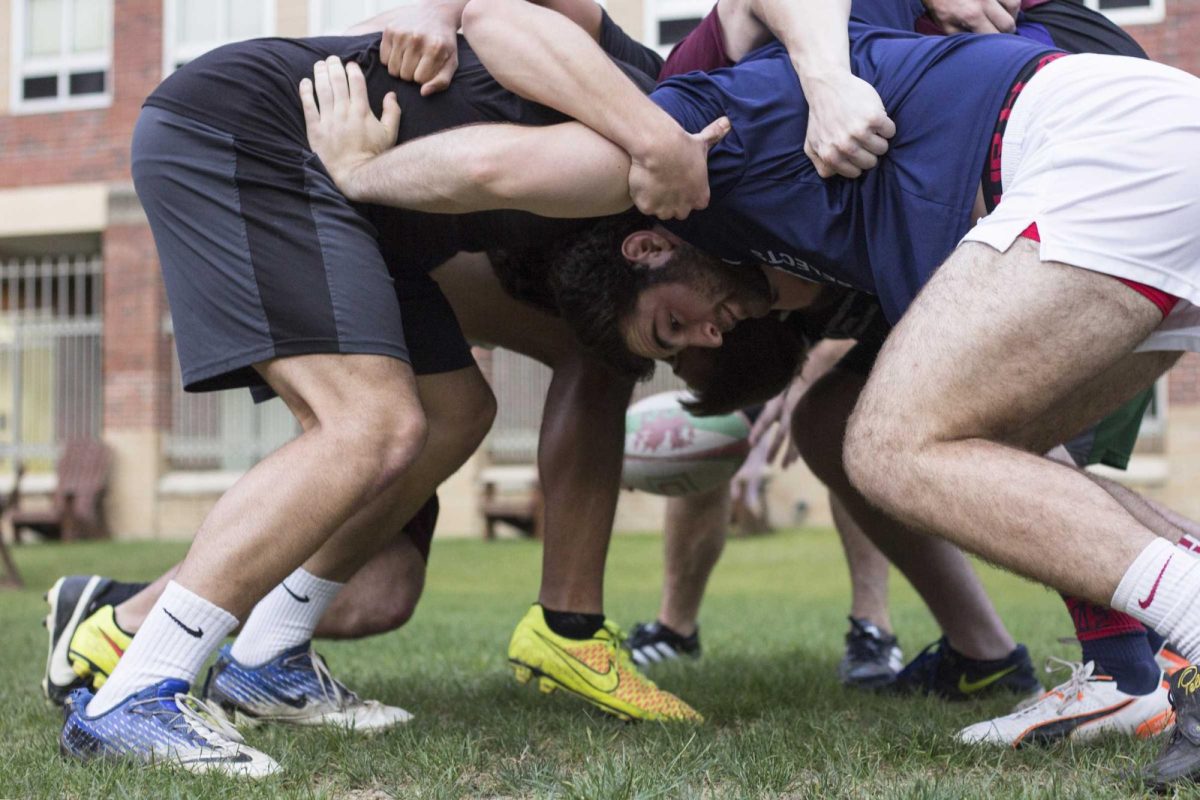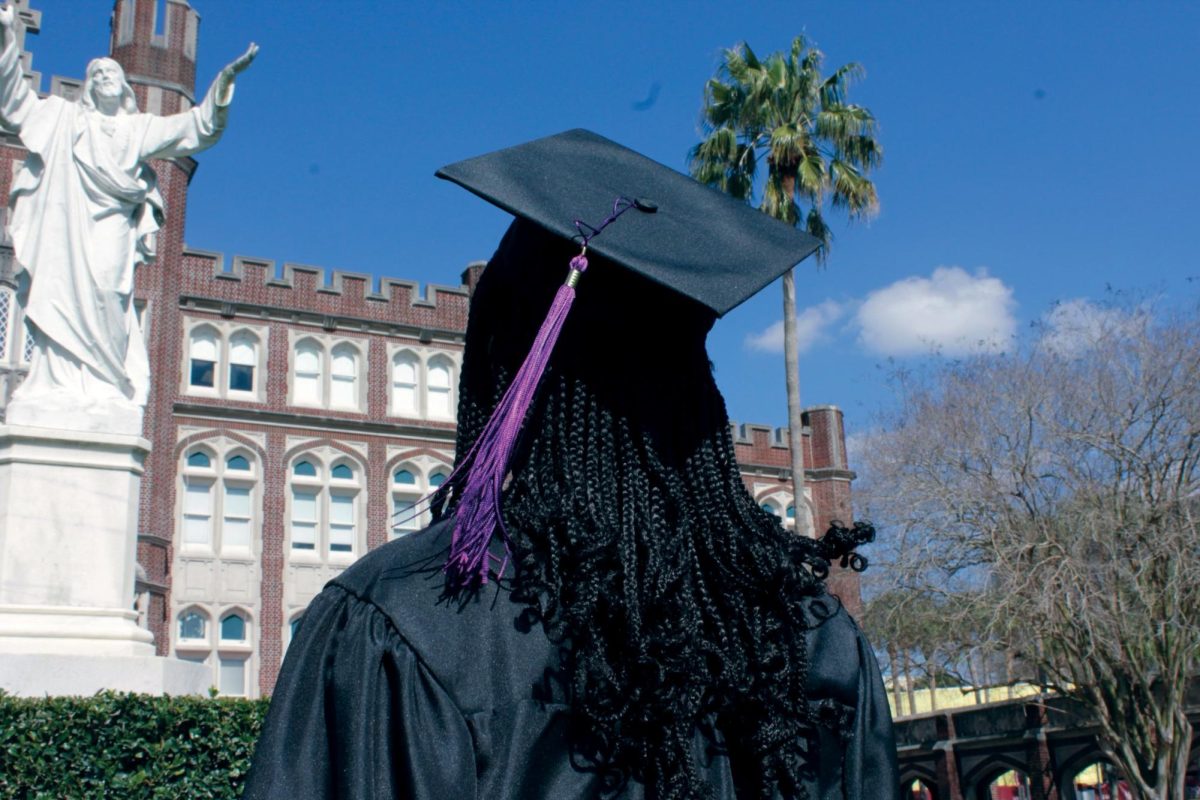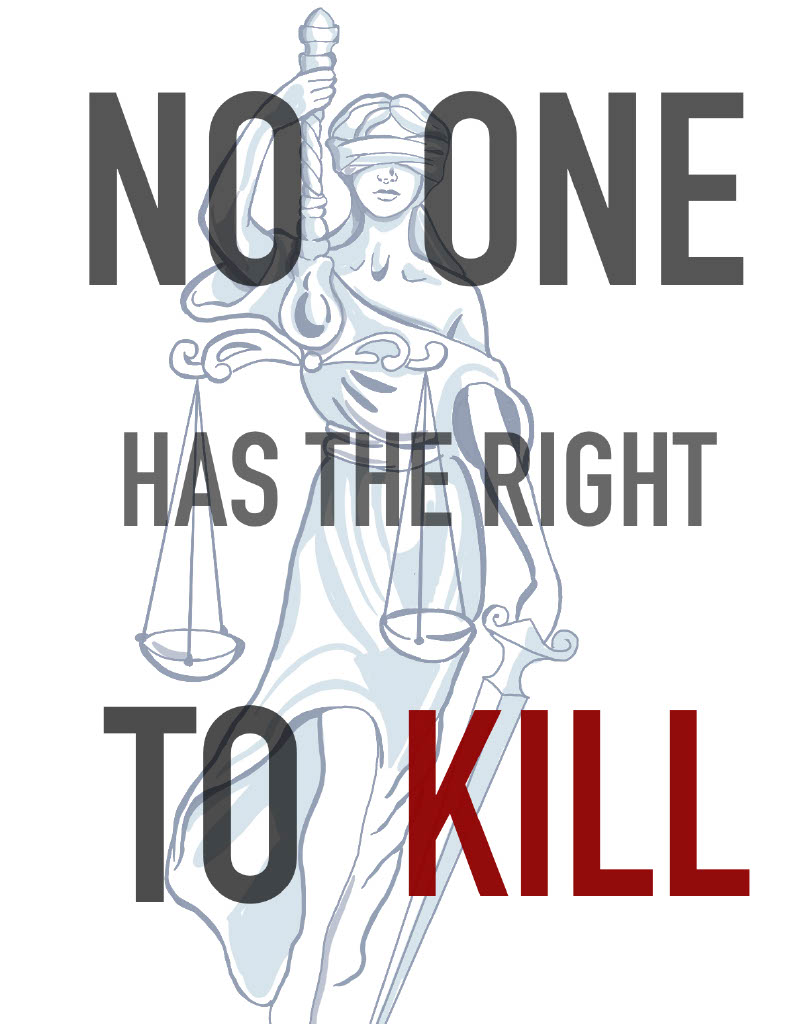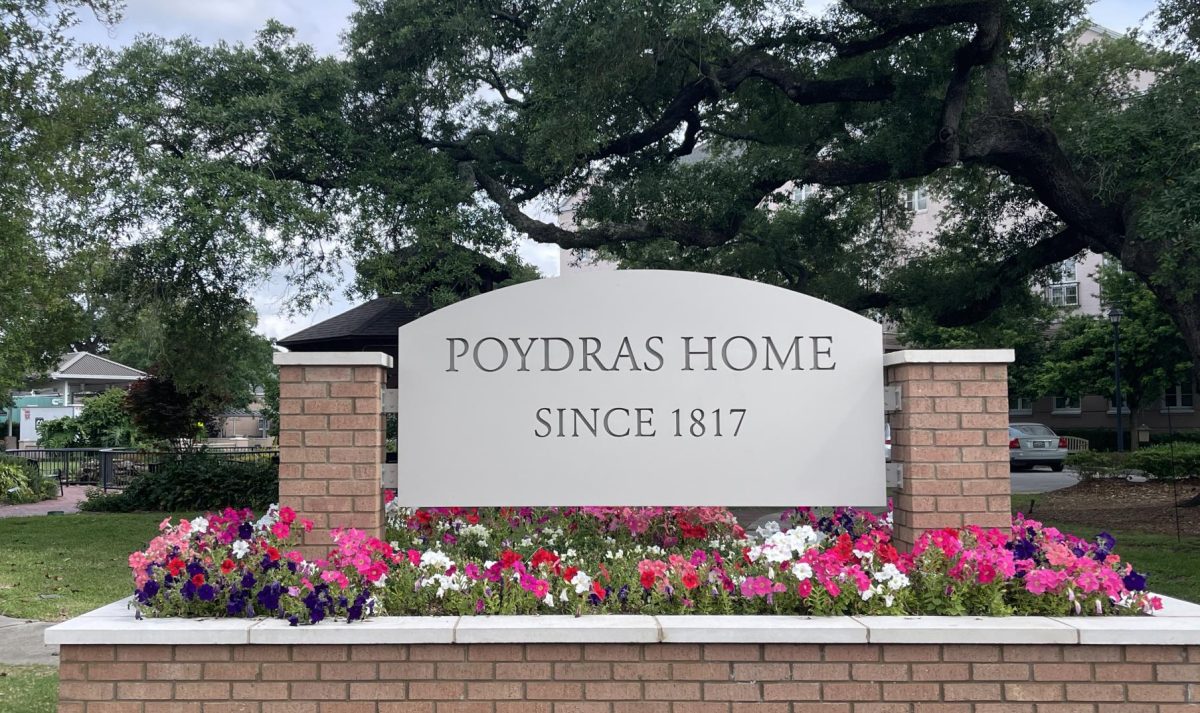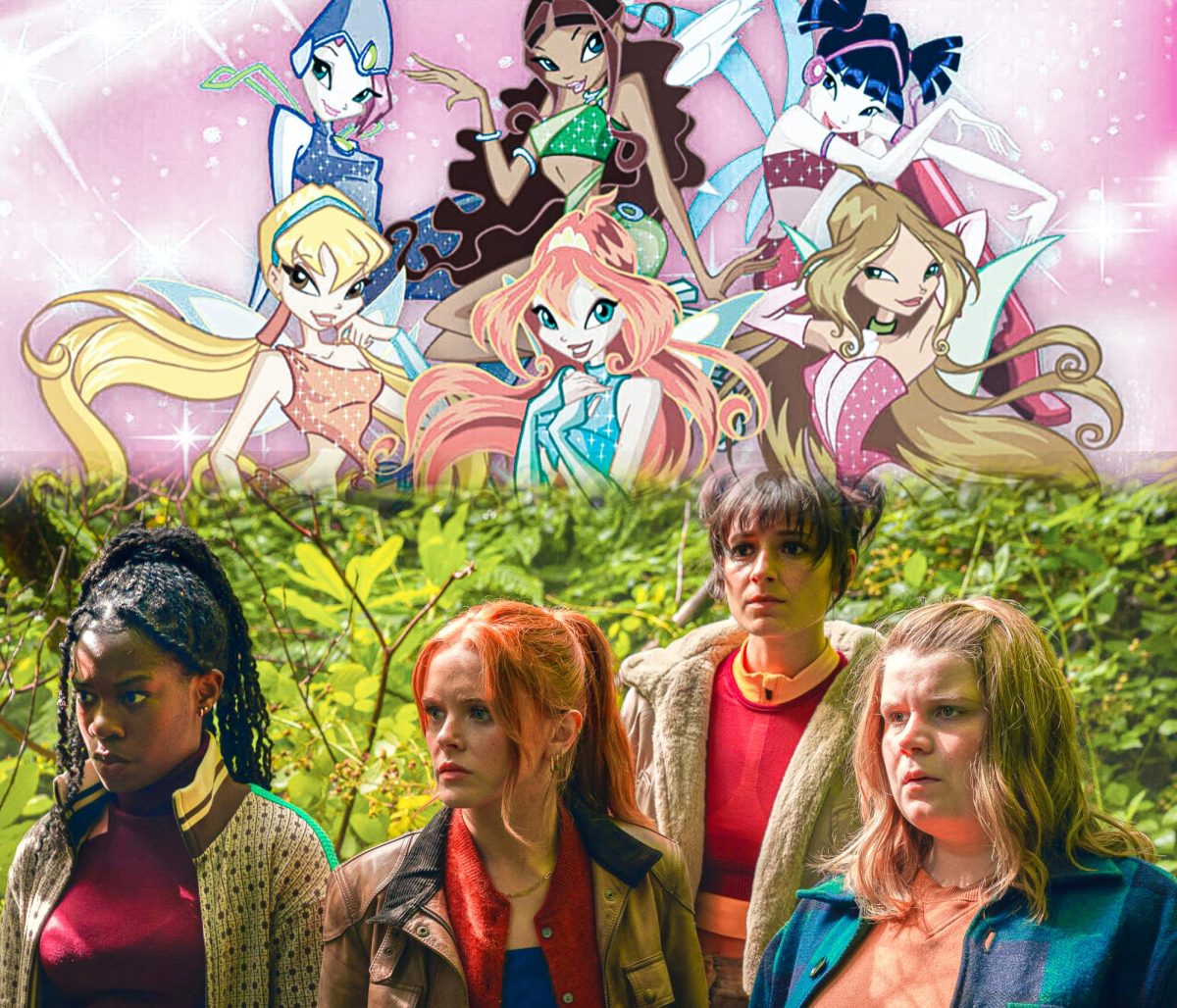It is impossible for minors to purchase alcohol. Fake IDs never work. Underage drinking is not a problem on college campuses. Thomas Jefferson wrote the Declaration of Independence.
Of these four statements, only one is true. Any college student (I hope) should be able to tell me which one that is. Just as a heads up, the true one is only half-true anyway.
Underage drinking is something that happens at Loyola. Anyone who says otherwise is just plain silly. You can talk euphemistically about it all you want, but it won’t stop the facts.
According to the Jeanne Clery Campus Crime Report, there were 34 reported alcohol violations at Loyola in 2010. It is one thing to simply report the numbers, but why not try to actually understand what they mean? Since we are taking for granted that underage drinking is a problem, why don’t we consider why it is a problem?
The United States has one of the highest drinking ages in the world. The vast majority of countries (barring Muslim countries that outright ban alcohol) allow for the purchase and consumption of alcohol at age 18. Some European countries, notably Belgium and Germany, allow for the purchase of beer at age 16. For me, this would have meant that I could go out and buy a beer during my junior year of high school. Here in the United States, however, I couldn’t do the same until my senior year of college.
Some might claim that this allows for more maturation to occur before one can legally succumb to the intoxicating effects of spirits. This makes intrinsic sense, but the reality of the matter is quite different.
The inherent problem lies in the fact that many Americans begin to drink before the age of 21. One relatively humorous turn of phrase I have run across equates college to the “party before the hangover” of real life. As attested to by the number of alcohol violations on campus, it should be safe to say that underage students drink, and they drink heavily.
Why do they drink heavily? This is not to say that only minors drink to excess, but minors are more prone to do so because of the restrictions placed on them. In my experience, individuals are more inclined to drink heavily when they can, if they only have limited access to alcohol, leading to destructive drinking habits and destructive decisions, many of which could lead to severe health consequences and possibly legal consequences.
I have had the privilege of living for a short time in Belgium, one of the aforementioned countries with a young drinking age. Not once while I was there did I witness a 16- or 17-year-old wasted on the streets. I can’t say the same thing for the United States. Going out for a casual drink was the norm, not the exception.
To close, I pose a final question: is underage drinking the problem, or is the problem created by the limits we impose on drinking?
Garrett Fontenot can be reached at [email protected]



